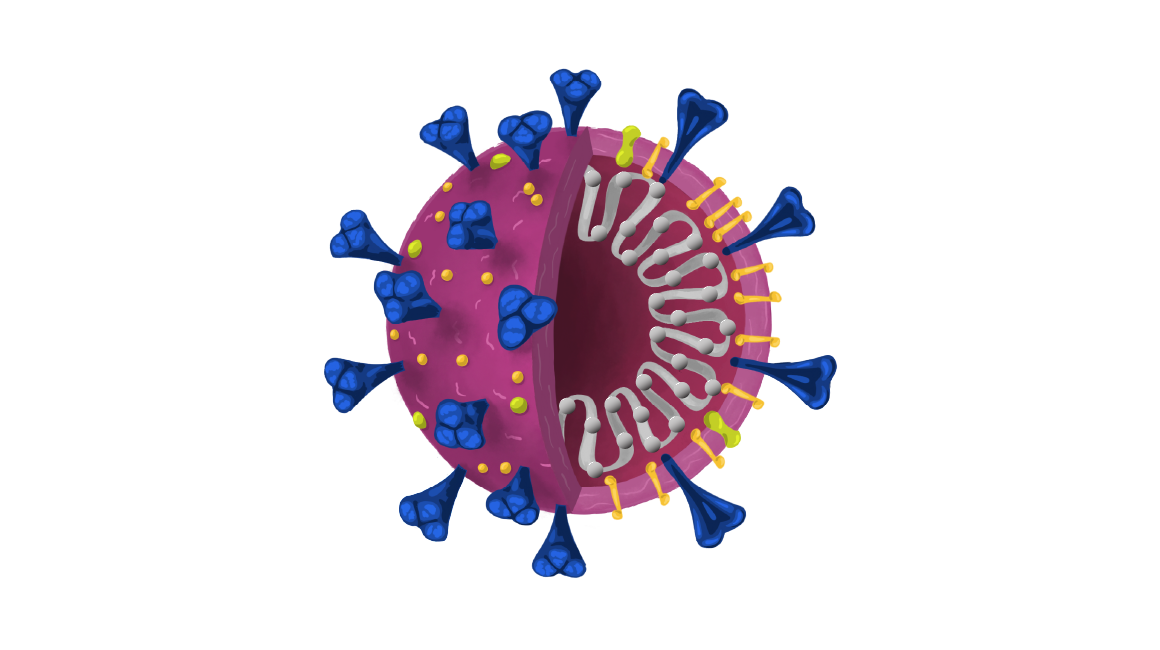
 Looking for clinical resources and information related to COVID-19? Visit the COVID-19 guide.
Looking for clinical resources and information related to COVID-19? Visit the COVID-19 guide.
 Pain medicine basics
Pain medicine basics
The Pain Medicine Basics guide has been designed for medical specialists interested in pain medicine to locate core resources.
 Acute pain
Acute pain
Resources and information related to Acute pain
 Cancer pain
Cancer pain
The Cancer pain guide has been designed for pain specialists interested in the area of pain management in people with cancer, and provides a compilation of resources relevant to this topic.
 Chronic pain
Chronic pain
The Chronic pain guide has been designed for pain specialists interested in the area of chronic pain management, and provides a compilation of resources relevant to this topic.
 Medicinal cannabis
Medicinal cannabis
The Medicinal cannabis guide has been designed for anaesthetists, pain medicine specialists, and medical professionals interested in locating relevant resources on medicinal cannabis. This guide is intended to provide a starting point for medical professionals interested in the topic, not to promote or advocate the use of medicinal cannabis.
 Neuromodulation
Neuromodulation
The Neuromodulation guide has been designed for specialist pain medicine physicians interested in neuromodulation, to locate relevant resources on this topic. Related resources (e.g. neurology, neurosurgery, neuroanaesthesia, medical ethics, and atlases related to understanding the brain and pain medicine) are included.
 Paediatric pain
Paediatric pain
This guide has been designed for pain medicine specialists interested in paediatric pain to locate relevant resources on this topic, including those available through the ANZCA library.
 Regional anaesthesia
Regional anaesthesia
Resources and information related to Regional anaesthesia
 Research support
Research support
The Research support hub brings together the various resources provided by the ANZCA library to support research.
The Research support toolkit (RSTK) is a primer for emerging investigators and research co-ordinators who would like to know more and support materials for both new and established researchers.
 The ANZCA & FPM Continuing Professional Development (CPD) Program operates on a three-year cycle, with triennial and annual minimum requirements. Support resources for CPD activities are divided as follows:
The ANZCA & FPM Continuing Professional Development (CPD) Program operates on a three-year cycle, with triennial and annual minimum requirements. Support resources for CPD activities are divided as follows:
The FPM Better Pain Management program has been designed for specialist and general medical practitioners, medical students, nurses and allied health practitioners engaged in the care of patients with persistent pain. It consists of twelve online education modules each designed to be completed in one hour.
 Better Pain Management [Website]
Better Pain Management [Website]
 Pain medicine training & exams
Pain medicine training & exams
Access information and resources related to the FPM pain medicine training program, including the Essential Topic Areas (ETA) reference list, drug information, guides, trainee toolkit, exam preparation content and courses and ePortfolios.
The pain medicine training program comprises a minimum of two years' clinical experience directly related to pain medicine, which allows specialists and those completing a speciality training program to become a specialist pain medicine physician.
A large number of online resources are available to support pain medicine trainees:
A number of resources are available to assist with exam preparation for pain medicine trainees:
The library subscribes to numerous core resources which trainees will find useful:
Resources to support supervisors of training (SOTs):
FPM Training My ePortfolio
The My ePortfolio system allows users to access Workplace Based Assessments (WBAs), Annual Reviews, PDP and Multi Source Feedback.
 FPM Training My ePortfolio
FPM Training My ePortfolio
[college website]
FPM Procedures Endorsement Program (PEP) ePortfolio
The online portfolio system allows endorsees to access their logbook, online assessment forms and a number of data reports in the one system.
 Procedures Endorsement Program (PEP) ePortfolio
Procedures Endorsement Program (PEP) ePortfolio
[college website]
 Conceptual basis of pain medicine
Conceptual basis of pain medicine
The Conceptual basis of pain medicine guide contains resources intended to support and assist those entering the FPM pain medicine training program to gain the essential knowledge required. They are not intended to be exclusive, rather to stimulate interest and encourage learning.
 FPM procedures endorsement program curriculum
FPM procedures endorsement program curriculum
The FPM Procedures Endorsement Program curriculum defines the required learning, teaching and assessment of FPM endorsees. This guide contains all references in the curriculum, including those available through the ANZCA library.
 Procedures in pain medicine
Procedures in pain medicine
The Procedures in pain medicine guide is intended to support understanding of the Procedures in Pain Medicine Clinical Care Standard, by linking to resources mentioned in the document as well as promote relevant resources on similar topic areas, which are available through the ANZCA Library and external links.
Quick links
About ANZCA
Copyright © Australian and New Zealand College of Anaesthetists.